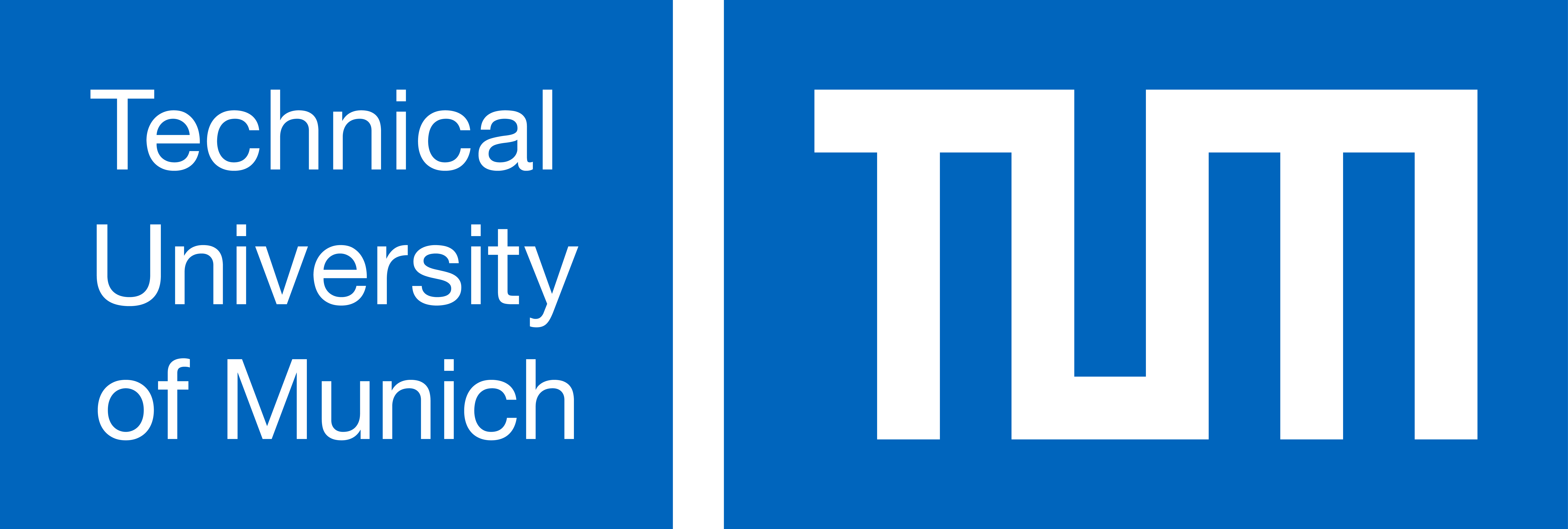About this course
Introduction to the theory and practice of multidisciplinary design optimization of mechanical structures. How can classical design tasks of the engineer be formulated as mathematical optimization tasks and how are they solved using mathematical optimization algorithms? What characterizes an optimal design and how must the modeling of the design task be formulated in order to find this optimum efficiently? What is an admissible design and how can it be ensured that the optimization process returns only physically meaningful valid designs? Fundamentals of mathematical optimization algorithms used to solve such tasks in practice are presented and their interaction with model-based simulation of the structure's behavior is explained. The learning content of the lecture will be implemented on simplified but still practical examples in the computer exercises.
Learning outcomes
After participating in the Multidisciplinary Design Optimization module, students are able to:
- understand model-based design tasks as optimization problems;
- understand the mathematical principles and optimization algorithms that are essential for use in practice;
- select and apply suitable solution algorithms for a given problem;
- convert practical model-based design tasks into mathematical optimization tasks;
- make a practical implementation of an algorithm and solve a model-based optimization task on the computer;
- recognize current research in the field of multidisciplinary optimization.
Examination
The module examination takes the form of a written exam (90 min). Said exam is composed of a variety of questions, including multiple choice, calculation questions, and open qualitative questions. Through these tasks, students demonstrate that they understand the main topics, such as how to formulate clear optimization problem statements, how optimization algorithms work, and the challenges involved in design optimization with multiple objectives and disciplines. A non-programmable calculator and a one-sided, handwritten DIN-A4 sheet are permitted as aids.
Course requirements
None (basic studies in mechanical engineering sufficient)
Resources
- Papalambros, P. Y., Wilde, D.J.: Principles of Optimal Design: Modeling and Computation, 3rd Edition, Cambridge University Press, 2017
Activities
The module consists of a lecture and an exercise. In the lecture, the theoretical foundations of Multidisciplinary Design Optimization are taught using lecture, presentation and writing down on tablet PC. Students will be provided with all lecture materials online. In the lecture, the contents are taught, also by means of examples. In the exercises, the contents are deepened and the practical implementation of the theory from the lecture is made comprehensible by means of computer exercises. With this, the students learn to precisely state optimization problems, analytically and computationally solve them and deal with multiple objectives and disciplines.
Additional information
- More infoCoursepage on website of Technical University of Munich
- Contact a coordinator
- CreditsECTS 5
- Contact hours per week2
- InstructorsNicola Barthelmes, Horst Baier, Erich Wehrle, Johannes Achleitner, Rilian Shao, Sebastian Rötzer, Lukas Krischer, Ögmundur Petersson, Bernhard Sauerer, Tanut Ungwattanapanit, Mirko Hornung, Eduardo Rodrigues Della Noce, Andela Babaja, Systemadministrator, Tobias Wanninger, Markus Zimmermann, Jintin Frank, Akhil Sathuluri
- Mode of instructionHybrid
Offering(s)
Start date
25 April 2025
- Ends25 July 2025
- Term *Summer 2025
- Instruction language
Enrolment period closed
